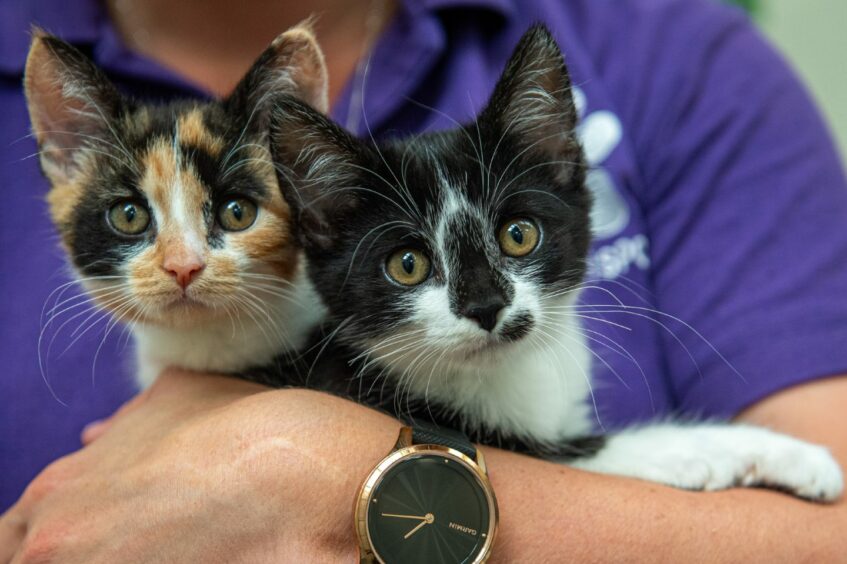
It’s a typically busy lunchtime in Drumoak at the Scottish SPCA’s rescue and rehoming centre in Aberdeenshire.
One volunteer is on the phone explaining about a snake to an anxious pet owner; another is attending to feeding some of the myriad different animals on the premises; yet another expresses gratitude when a member of the public hands in a donation; and, even as the sun shines outside, manager Jacqueline McEwen is dealing with one of the less reported consequences of the current cost-of-living crisis.
Do you feed your family or your pet?
Britain, of course, has a reputation as a nation of animal lovers. But here’s the thing: what happens when you have to make a choice between paying for food for your family or your beloved dog, cat, rabbit or other creature and have to trim the budget?
What’s the outcome if you brought a pet into your house during the isolation of the Covid lockdown and can’t look after it any more because you have returned to the office?
Or, in even more heart-breaking terms, what options are available if you are simply too old, infirm or unwell to care properly any more for something precious which has been a heartbeat in your household for the last five, 10 or even 15 years?
Sadly, Jacqueline and her colleagues have been witnessing all these phenomena at close quarters in recent months and while they are working as hard as they can to ensure all the animals in their care receive the best possible treatment, it’s a story with no guaranteed happy ending, nor any indication that matters will improve in the future.
Even as she posed for photographs outside with Staffordshire bull terrier Bow – a 15-year-old bundle of energy, who has been at the centre for more than 300 days, following the death of his previous owner – Jacqueline spoke about a range of issues which have forced the Scottish SPCA to highlight the pressures they are experiencing.
She said: “The main challenges being faced at the centre at the moment are the amount of animals arriving in our care who need urgent veterinary care; owners aren’t able to afford the treatments recommended by vets, so they have to rehome them.
“This then means the centres are running at full capacity as most of these conditions take a while to clear up, which reduces rehoming rates. To counter this, we have launched our fostering programme to allow these animals to get better in a home and open more space up in the centres to help those who need it.
“During lockdown, animal ownership increased and, with very limited access to training and socialisation opportunities, the animals developed behavioural problems which the owners couldn’t address as they then had to return to work.
“This has resulted in more animals in the centre having to undergo behaviour training.
“Then, in regards to exotic species, they are seen as a novelty and this has resulted in improper care, which subsequently leads to issues with veterinary problems and fees. Those who are not familiar with the species sometimes don’t realise how big they grow and that their accommodation needs to grow with them.”
It’s a perfect storm for the animal organisation, but Jacqueline is clearly in love with her… well, job seems too prosaic a description, considering the fashion in which she looked into Bow’s eyes as if to reassure him: “Yes, I know you have been here a long time, but we love you and we’ll keep looking for a forever home for you.”
The public’s help is invaluable. As indeed is their commitment to looking after an animal and ensuring that it’s not some frivolous impulse purchase. Because Jacqueline and the other staff members at Drumoak have seen too many cases of that in the past.
She added: “The public are fundamental in providing donations, both monetary and material, to the centres, spreading the word in regards to the work that we do and donating their valuable time to help volunteer at our centres.
“We really couldn’t do it [look after the different creatures] without our wonderful volunteers. We also rely heavily on the public to call in any concerns for domestic and wild animals, so that we can provide the care that they need.
“Adding a new pet to your life is such a wonderful thing to do, but anyone interested in rehoming needs to do lots of research to ensure that it is the right fit for everyone involved. This ranges from researching the type of species or breed you are interested in to digging deep into the cost of caring for an animal.
“This isn’t just about looking at veterinary costs, but checking out the prices for food, bedding, toys and other things. It’s also very important to ensure you have someone to look after your animals if anything ever happened which resulted in you being unable to care for your animals for a certain amount of time.
“Animals are a lifelong commitment, so they need to be considered in all future plans.”
Can you help an elderly gentleman?
There’s something beautiful about the concern shown by the staff for those at the centre. But many of the residents have been on the premises for a very long time. The Scottish SPCA highlighted Bow’s case to the media and the public last January by describing him as an “elderly gentleman who has been here for 90 days”.
One of the cats, Trudy, meanwhile, has been at Drumoak for more than nine months. It may be easier to find homes for puppies and kittens than their older counterparts, but there’s no disguising the issue which is why the organisation has established around 40 food banks for pets all across Scotland, providing basic supplies and such essential, but expensive, items as dog and cat litter.
Some may wonder how on earth we have reached this state of affairs in such a prosperous part of the country as Aberdeenshire, but, if anything, the malaise is worse here than in most other parts of Scotland. Many workers have left the area during the energy downturn, others have had to sell their properties and relocate to rented properties or flats, while an ageing population has created a perilously slippery slope.
And there’s no such thing as an NHS for pets. Nobody I spoke to at the Scottish SPCA had anything but praise for the often heroic work carried out by veterinary surgeons, but even routine check-ups or dental treatment, let alone major operations, can cost hundreds of pounds. And, in many cases, that’s a price out of people’s pockets.
‘We have had people in tears’
Mike Flynn, the association’s chief superintendent, has been involved with the organisation for 37 years and has rarely felt such concerns about the spiralling numbers of animals which are being handed in by those who can no longer budget for them.
He said: “A lot of people are struggling to pay their bills and, much as they love their pets, they often end up saying: ‘I can’t cope any more.’
“It’s heart-breaking and we have had people in tears on the phone. They have done the best they can and, in many cases, the animal has become part of the household, so these decisions are never taken lightly and it’s distressing for everybody.
“We now have the pet food banks, the majority of which are linked to existing food banks throughout Scotland, but we know some folk are too embarrassed to use them.
“There was one case recently where a couple’s home was being repossessed and, because they were moving into a rented property, which didn’t allow pets, they had to give theirs to us and, as you can maybe understand, that was a difficult situation.
“Hopefully, things will improve, but our centres are close to capacity and, while it’s not a crisis, we are facing a really hard time.”
Mike has urged people to avoid buying pets from strangers in car parks or anywhere which can’t provide the sort of veterinary assurances offered by his association.
And he is an ardent advocate for the benefits which pet ownership can bring, in terms of improving mental health, providing healthy exercise, offering company to those struggling with social isolation and bringing families together.
But he’s not starry-eyed about what it entails. Two of his organisation’s 10 centres in Scotland – in Ayr and Caithness – are closing next month as storm clouds loom over the future. And while the old slogan used to be: “A pet is not just for Christmas”, that’s now a permanent mantra in Mike and his colleagues’ world.
Back at Drumoak, Jacqueline didn’t gloss over the realities of her vocation. And yet, when asked about why she was so committed to it, her response was unequivocal.
She said: “Working in animal rescue and welfare is very difficult, both mentally and physically. To answer simply, it is the ability to change an animal’s life for the better and to give them the love and care and life that they deserve.
“Animals ask for nothing and it is amazing how forgiving they can be, no matter what they have been through.
“If people had an ounce of this, then the world would be a better place.”
Further information about the work being done by the Scottish SPCA at Drumoak is available at scottishspca.org/our-work/aberdeenshire
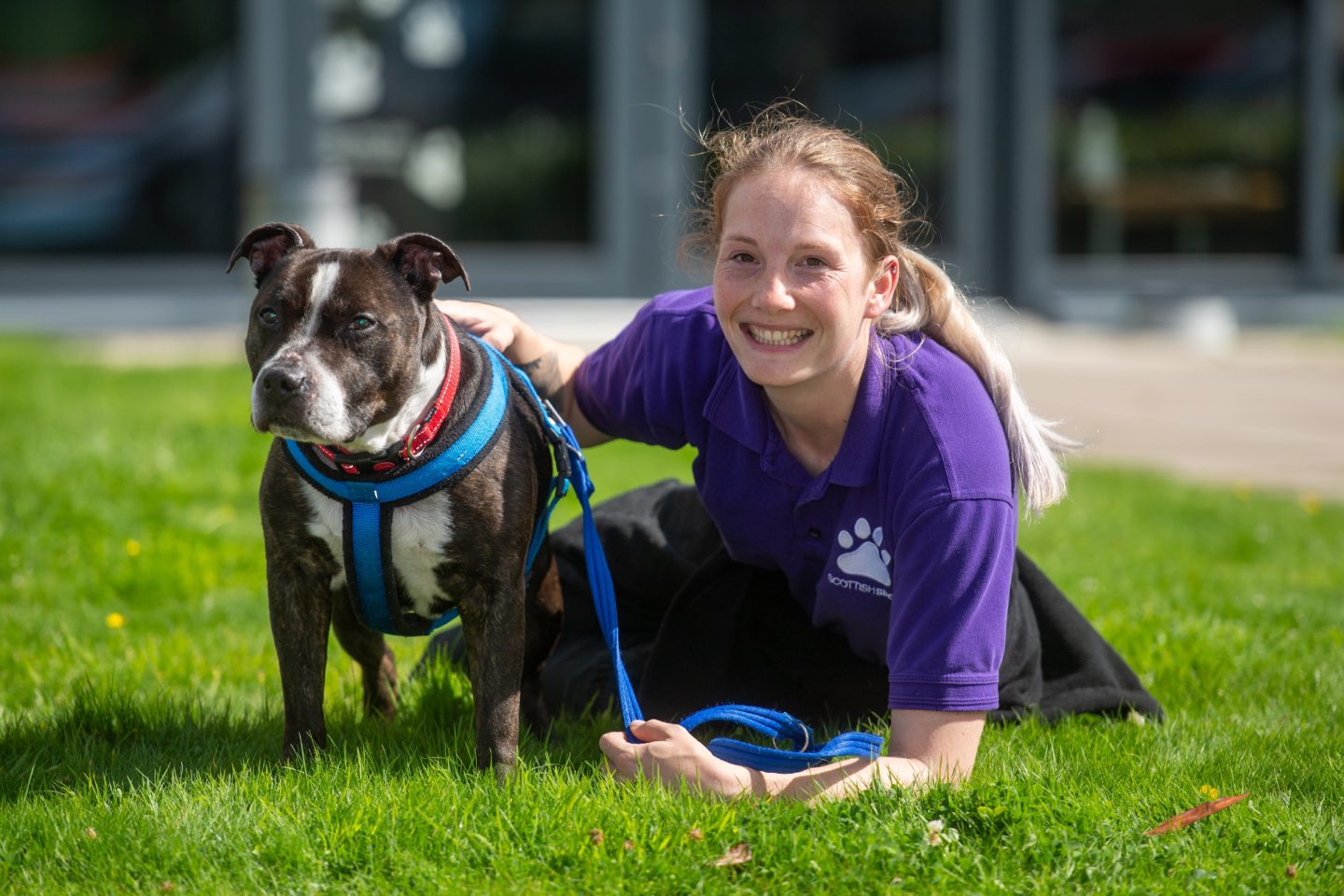

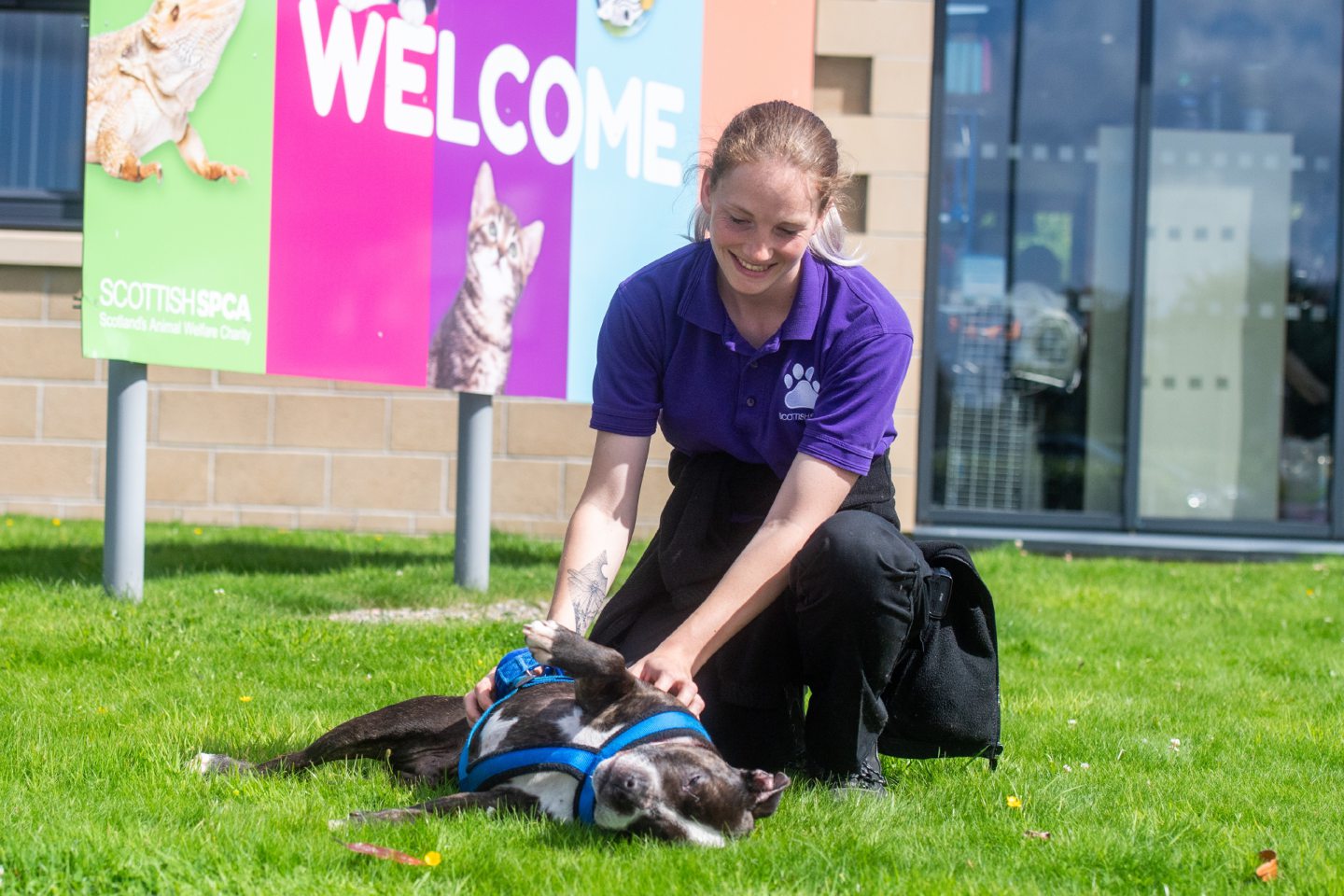

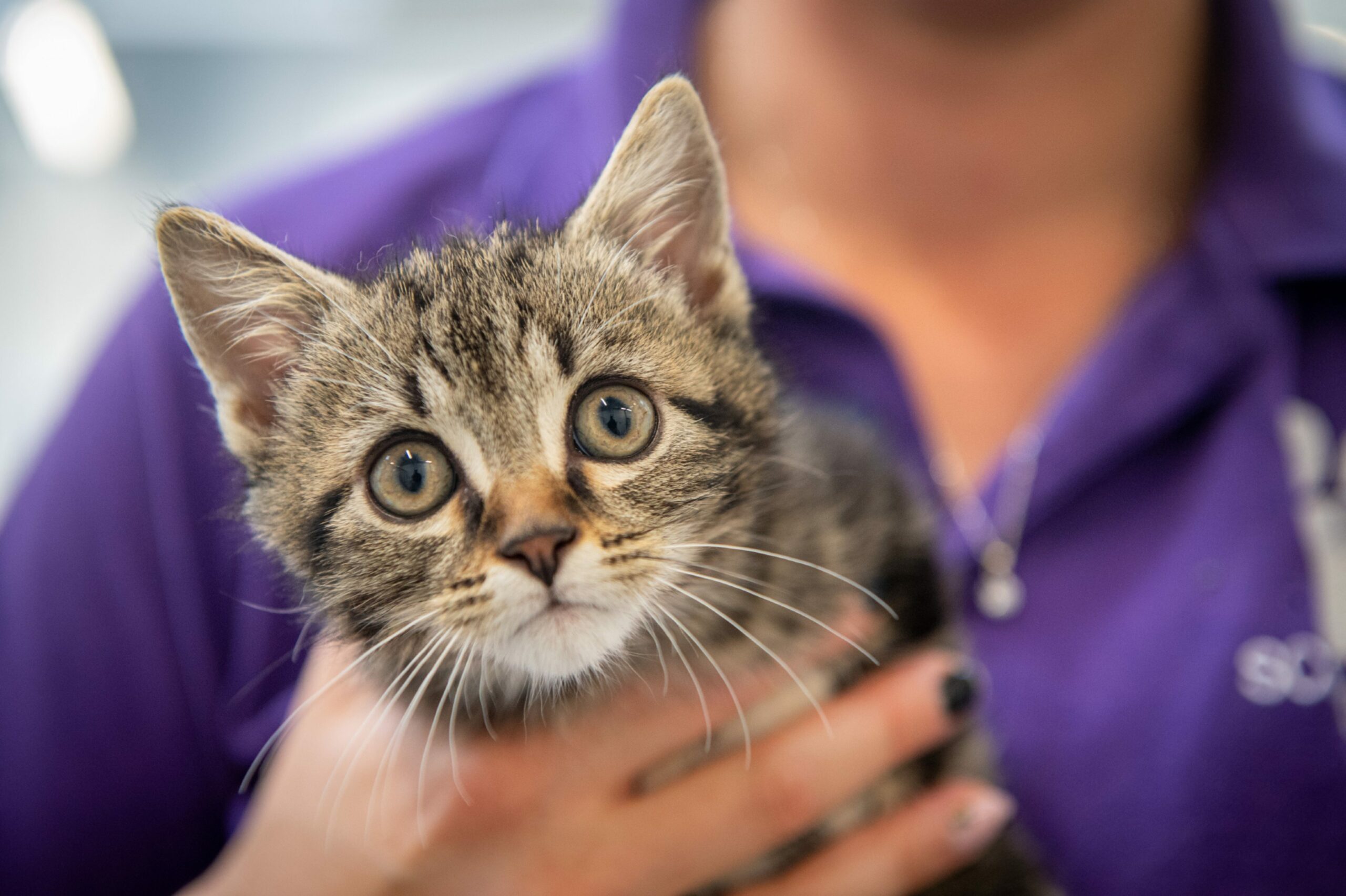
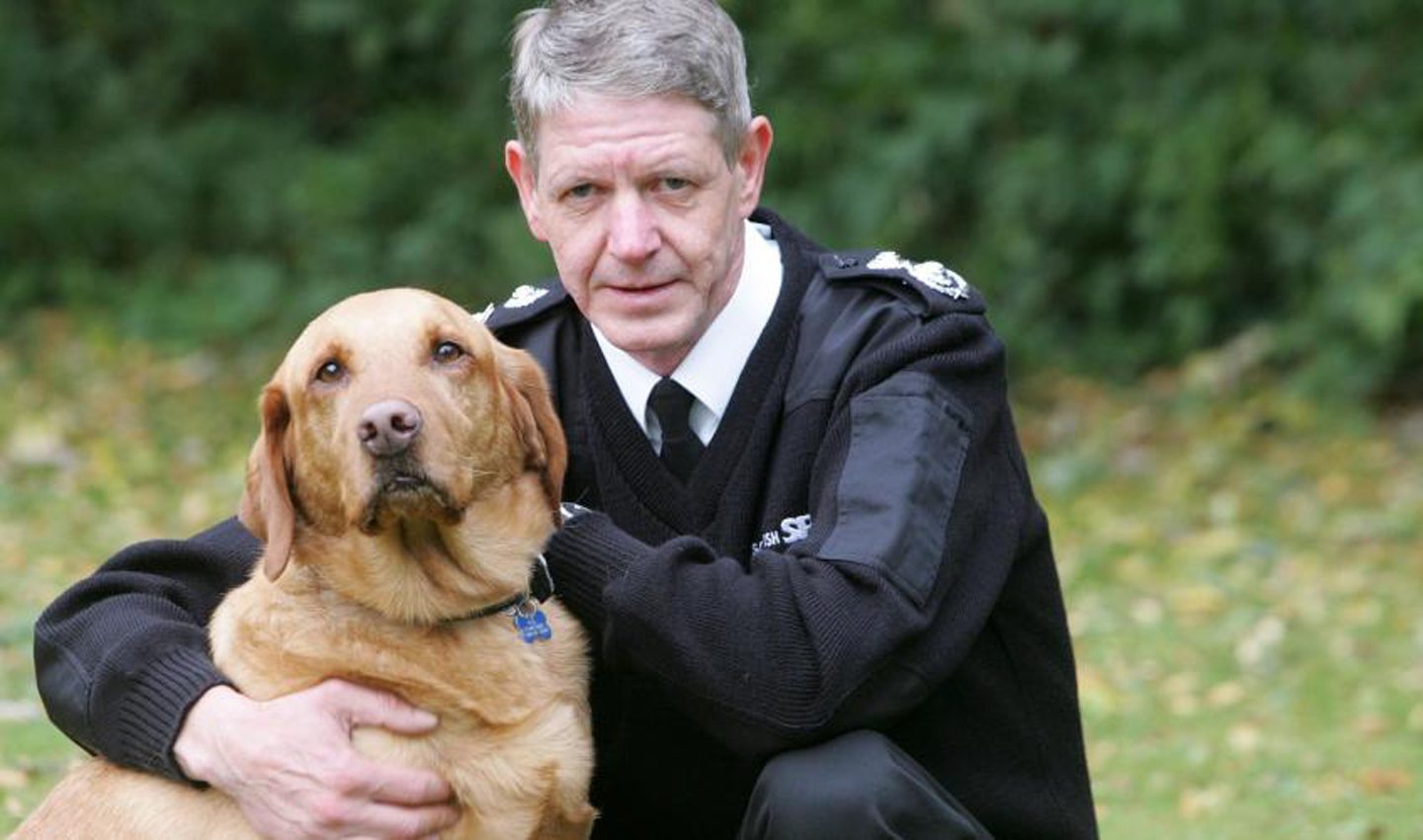


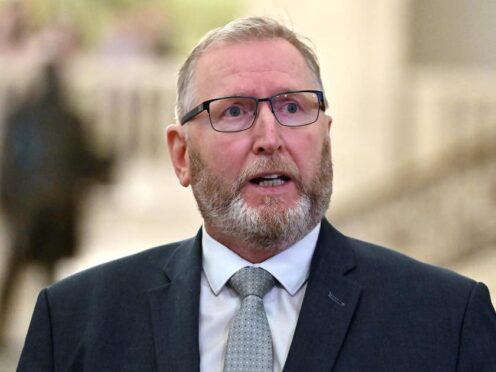





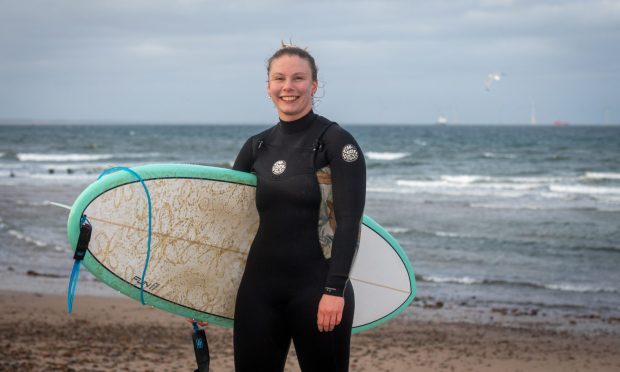
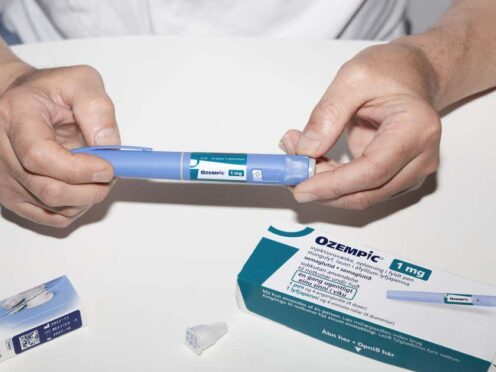
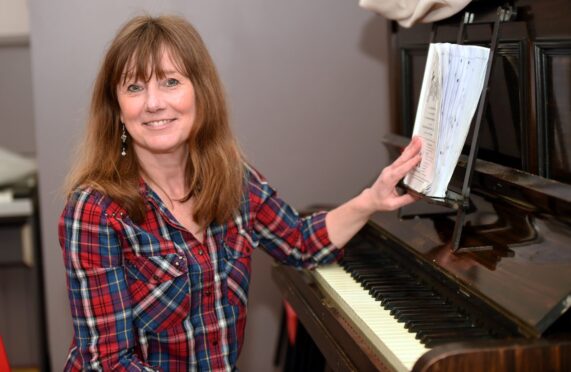

Conversation